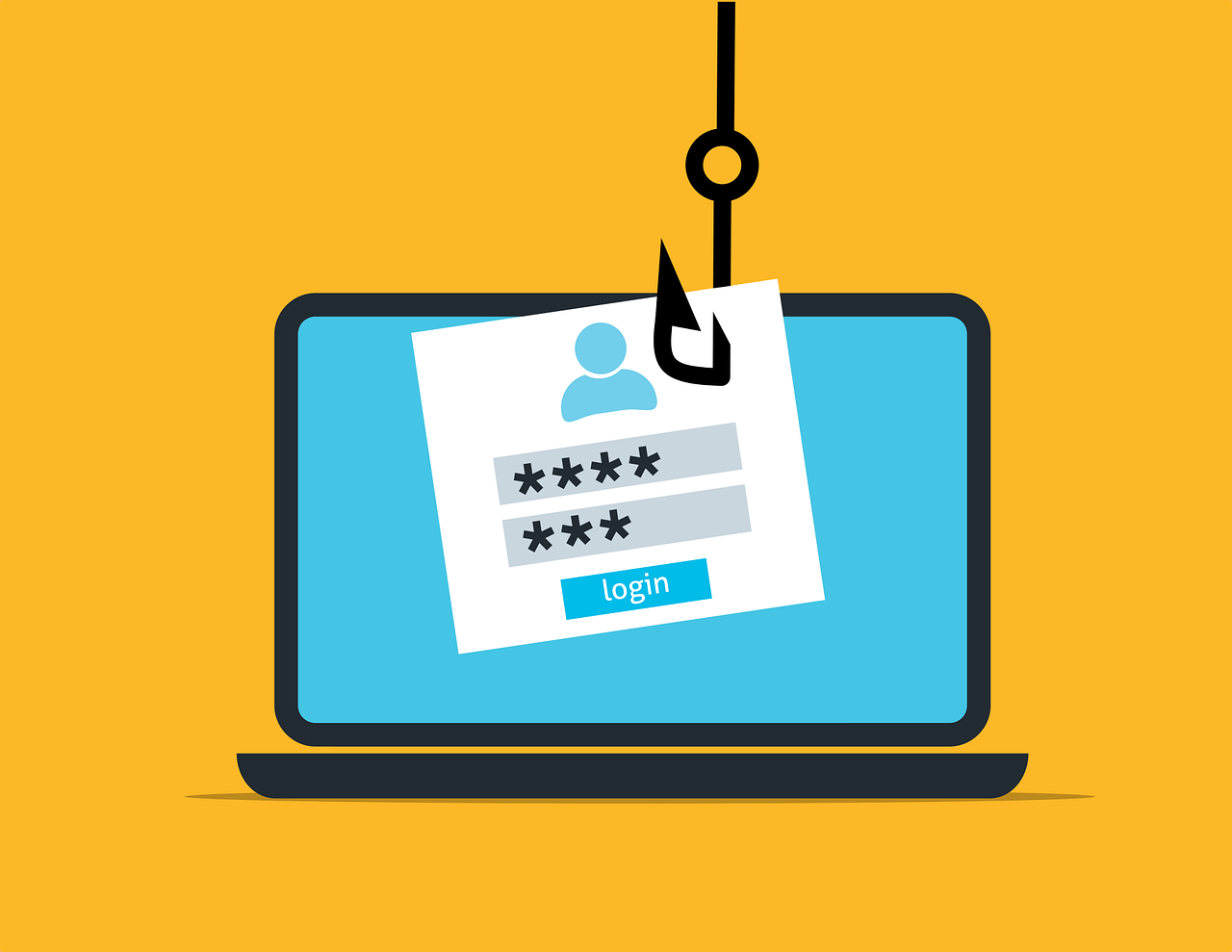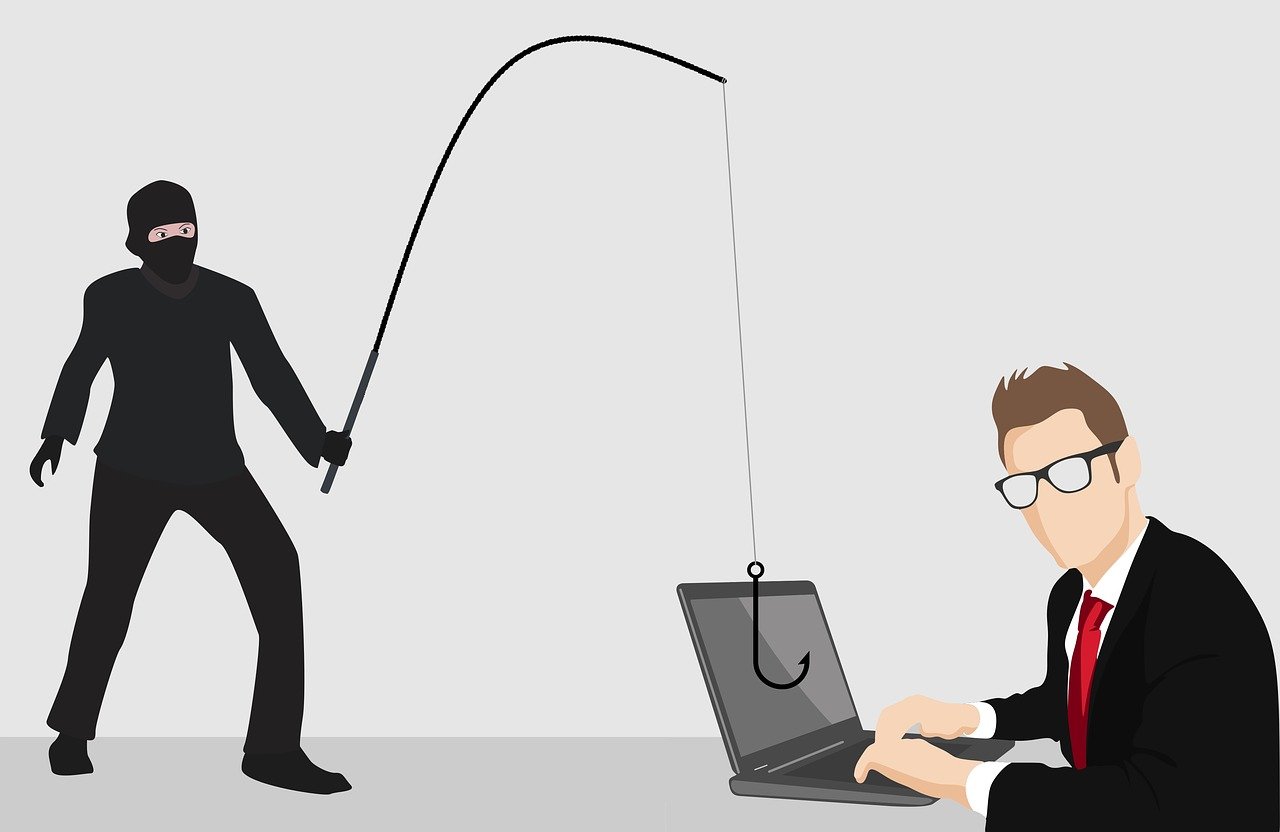Learn how to spot and stop phishing scams in this post.
Dangers hide behind every digital corner. Just lately, thousands of people are falling victim to Instagram hacks relating to forex and money making – people have no way of getting their accounts back.
Still, one of the most insidious threats we face is phishing scams, which have taken on a heightened level of sophistication in recent years. But as the threats evolve, so too can our defences. By understanding the mechanics behind these deceptions, we can avoid getting reeled in.
Let’s explore.
Table of Contents
Fishing Out Safety: How To Protect Yourself

We’ll start with the good news: there are ways to minimize spammers’ abilities to reach you – along with plenty of practical ways to stop spam when you know you’re being targeted.
To prevent further attacks, ensure your software and systems are regularly updated. These updates often incorporate security patches tailored to counter new phishing strategies. Cybercriminals are continuously evolving, and staying updated gives you a fighting chance against their latest tricks.
Consider implementing two-step verification processes wherever feasible. This extra layer ensures that even if a scammer gets hold of your password, they’re still locked out. Regularly monitoring your bank and credit card statements can also alert you to unauthorized activity.
Sharing information about emerging scams within your community can be immensely beneficial. The more people are aware, the harder it becomes for scammers to find success. Word-of-mouth can act as an effective deterrent against these cyber threats.
Lastly, if ever in doubt about a message’s legitimacy, it’s wise to reach out to the alleged sender directly – but always through their official channels. This action ensures you communicate with genuine entities and do not inadvertently play into a scammer’s hands. Remember that proactive steps and awareness are your best defence against these deceptive tactics. Bypass any contact details given in the suspicious message itself.
In this ongoing round of cat and mouse with phishers, knowledge is our most potent weapon. As these scammers sharpen their tools and tactics, our ability to recognize and evade their traps will keep us safe. It’s a matter of safeguarding not just our personal information but also our digital peace of mind. Remember, the best defence is not to bite.
The Art Of Deception: Understanding Phishing

Phishing is, fundamentally, a deceptive act. Scammers wear the mask of reliable institutions, putting on a performance designed to dupe us. Their aim? To coax us into voluntarily handing over our personal or financial details.
That might manifest as an urgent message from a “bank” alerting us to suspicious activity or an enticing offer that’s seemingly too good to pass up. The core intention remains consistent: capitalize on our trust to gather valuable data.
But where did this crafty tactic originate? The term “phishing” is believed to have been coined in the 1990s, and it was an evolution of the word “fishing”, aptly capturing the idea of throwing out bait and waiting for a bite.
With the advent of the internet and email communication, it became a popular avenue for criminals to exploit. The process often involves a blend of technical subterfuge and social engineering.
Through persuasive and believable narratives, combined with seemingly authentic website interfaces or email templates, scammers enhance their chances of success, making it seemingly impossible to spot spam – particularly in the heat of the moment. They play on emotions such as fear, urgency, or even greed to drive swift action without second-guessing.
In a world where digital interactions are increasingly common, the art of phishing has been refined and diversified, making it an ever-present threat in our online engagements.
Crafty Lures: Types Of Phishing Scams

Spear phishing is a tailored deception. Unlike generic phishing attempts, the scammers are well-researched, focusing on individuals with customized messages. They might leverage tidbits from social media or public records to make their ruse more believable.
Whaling, on the other hand, seeks bigger fish. The individuals in the crosshairs here are often high-ranking company officials or celebrities. The deception employed is often deep and intricate, disguised as high-stakes financial or business matters.
Then there’s vishing, which swaps digital mediums for voice. Scammers, often sounding remarkably authoritative, use phone calls to draw out personal or financial information.
Smishing, a blend of “SMS” and “phishing,” is another tool in the scammer’s kit. This method sees deceitful text messages tricking recipients into divulging information or even downloading malicious apps.
Detecting The Deceptive: Red Flags In Phishing Attempts
Offers that sound too good to be true often are. If something seems excessively generous or carries an aura of undue urgency, caution is warranted.
A close examination of URLs can also be revealing. Fraudulent sites might have slightly altered or misspelt domains that, at first glance, appear genuine.
Then there’s the matter of communication quality. Legitimate entities typically ensure their communications are error-free, but scammers might not be as thorough. Poor grammar or spelling mistakes can be telltale signs.
Moreover, any unsolicited request for sensitive data should raise alarms. Authentic organizations rarely, if ever, solicit personal details via email or other such messages. Protecting yourself from phishing attacks goes beyond just being wary of suspicious emails. It’s about creating a comprehensive safety net around your digital life.
INTERESTING POSTS
- Ultimate Guide To Hide Files On Windows Computer (Like James Bond)
- Hacks That Can Help Outsmart Deepfake Videos
- What Are Phishing Scams And How You Can Avoid Them?
- How To Detect Email Phishing Attempts (Like A Geek!)
- Great Tools To Help Protect Yourself And Your Devices
- How To Identify And Avoid Online Gaming Scams
About the Author:
Gina Lynch is a VPN expert and online privacy advocate who stands for the right to online freedom. She is highly knowledgeable in the field of cybersecurity, with years of experience in researching and writing about the topic. Gina is a strong advocate of digital privacy and strives to educate the public on the importance of keeping their data secure and private. She has become a trusted expert in the field and continues to share her knowledge and advice to help others protect their online identities.






